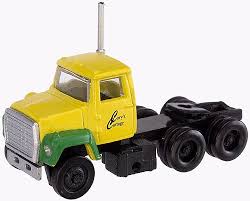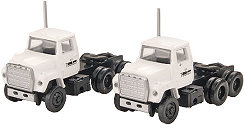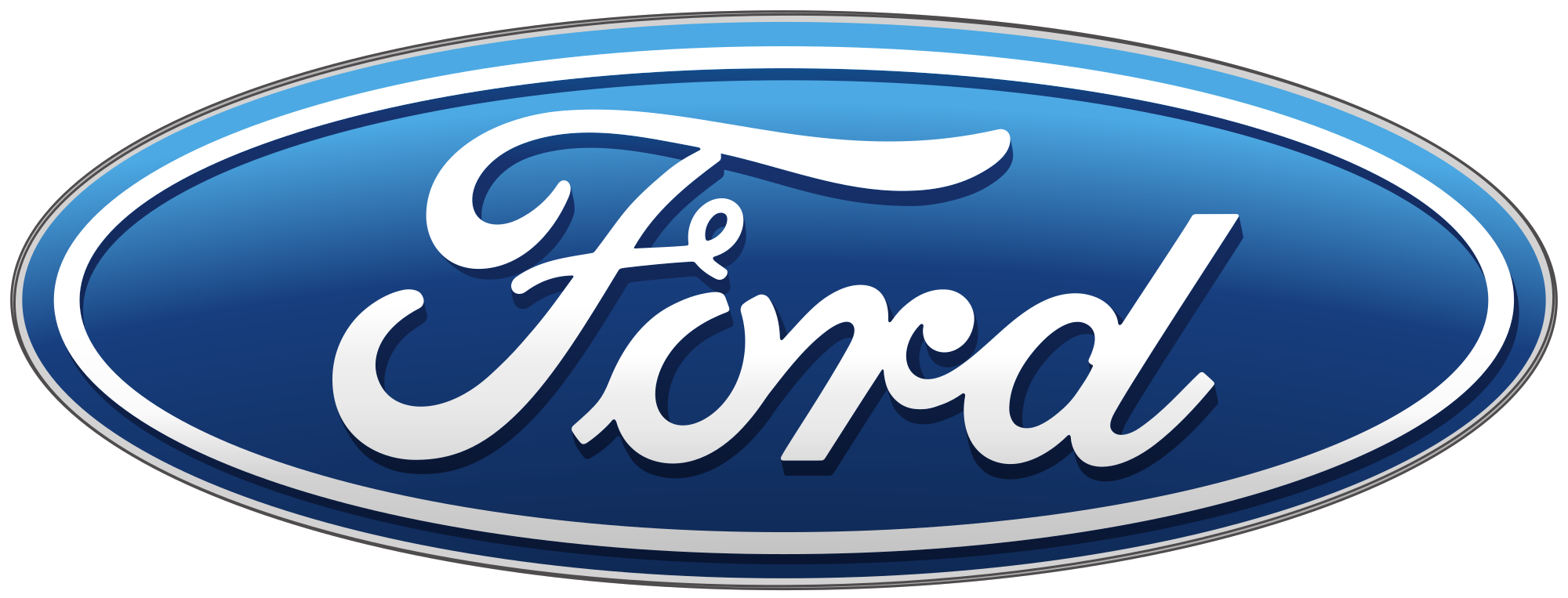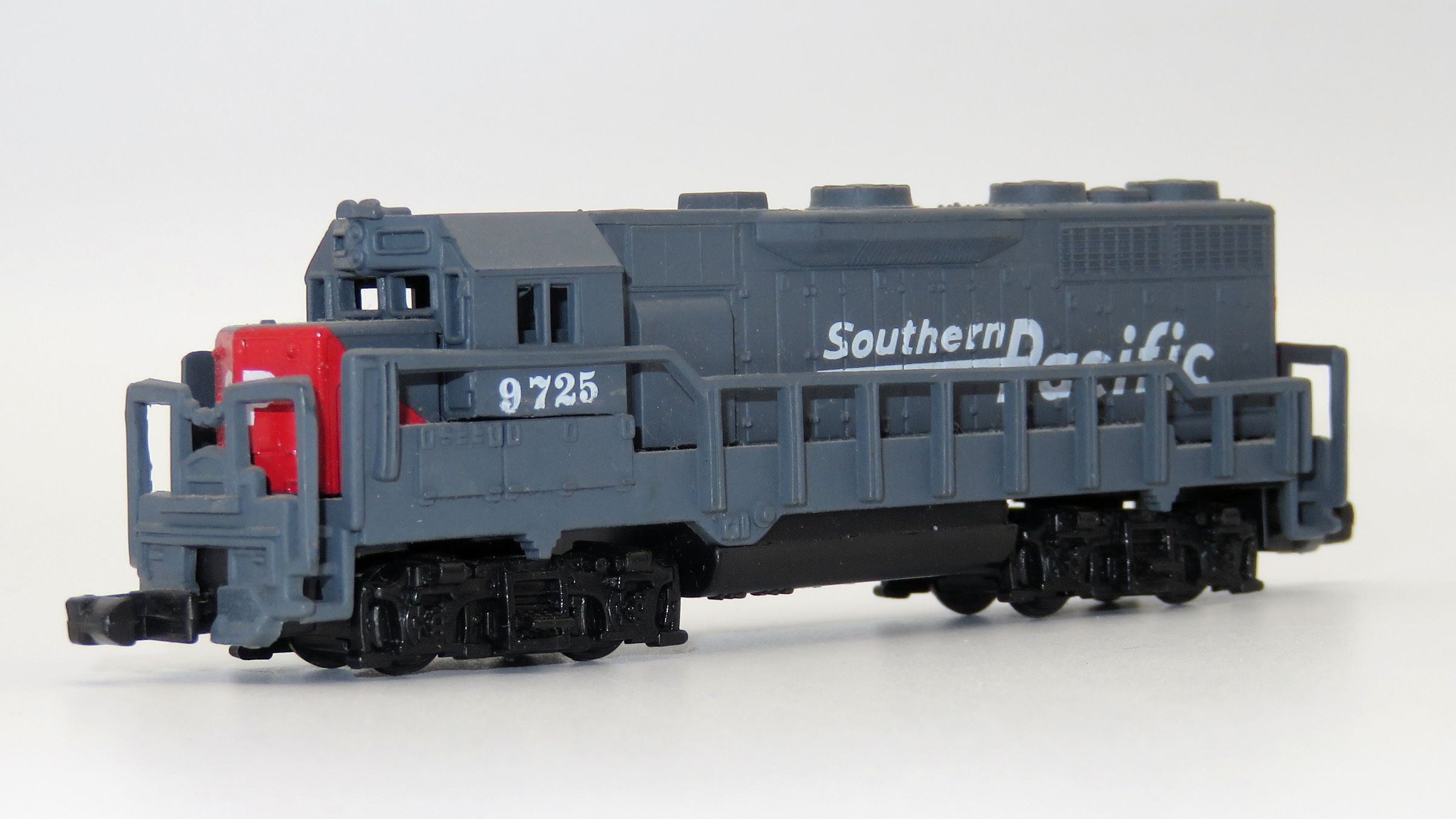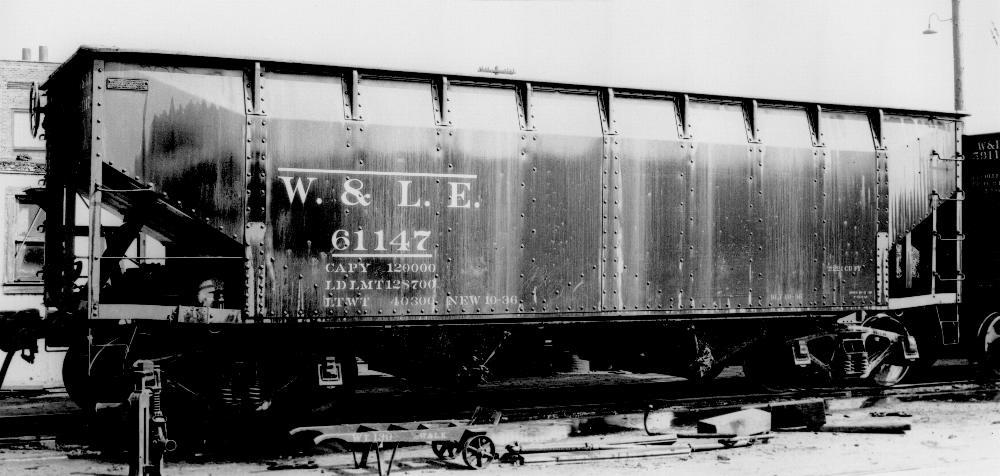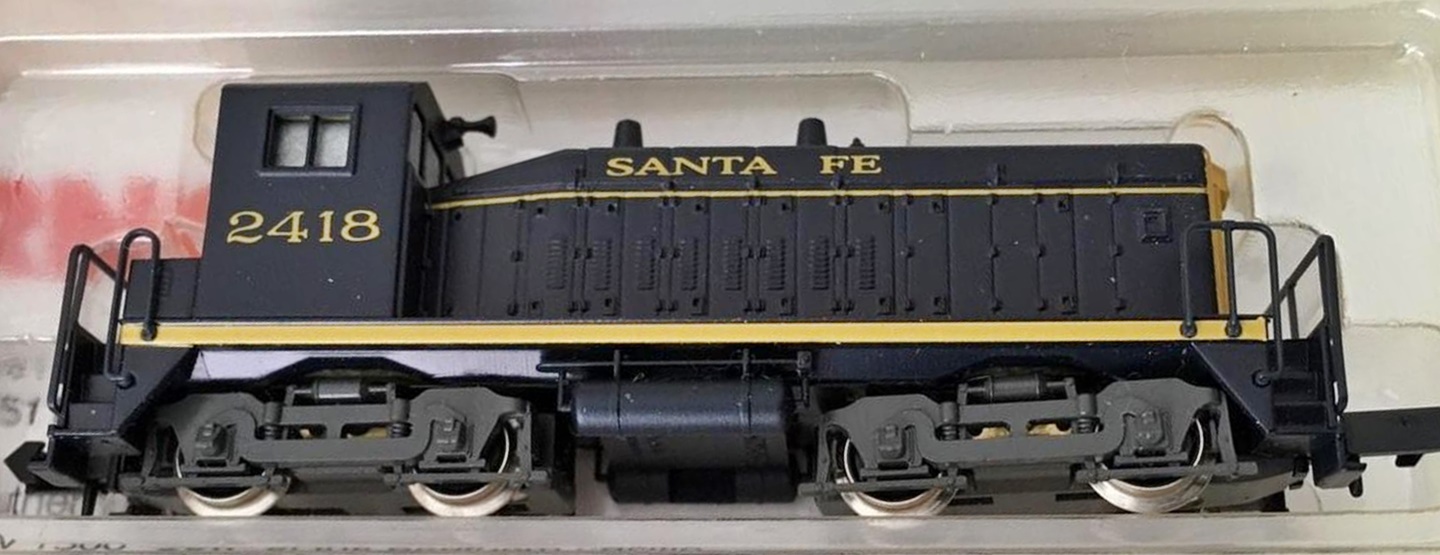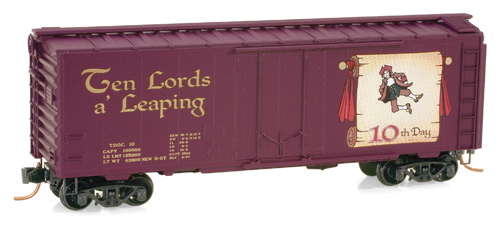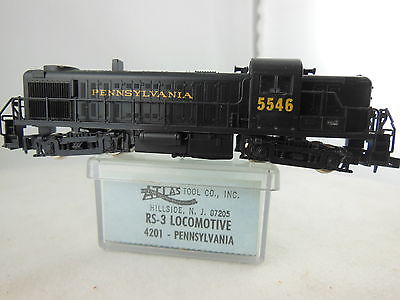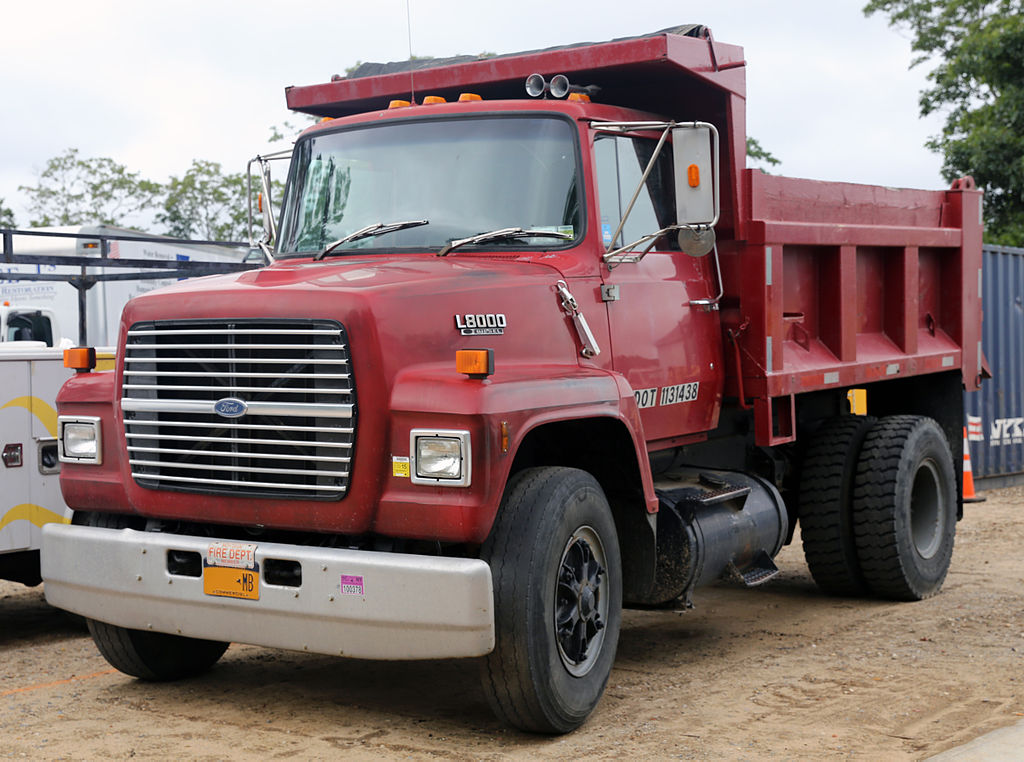Prototype History: The Ford L series (also named Ford Louisville or, for the 1988+ aerodynamic models, Ford Aeromax) is a range of heavy-duty trucks that were assembled and marketed by Ford between 1970 and 1998. The first dedicated Class 8 truck produced by the company, the L-series range replaced the N-series short conventional (derived from the F series). Produced as both straight trucks and semitractors, the Ford L series encompassed a wide range of models through the Class 7-8 GVWR ratings in medium-duty, severe-service, and vocational applications. The line would become one of the most popular series of trucks Ford ever produced.
The L series was produced in the Kentucky Truck Plant near Louisville, Kentucky, which gave rise to the nickname "Louisville Line" trucks; as part of a 1996 redesign, part of the model line officially took on the Louisville nameplate.
Following the sale of the Ford heavy-truck line to Freightliner in 1996, the L series was discontinued by Ford at the end of 1998. Freightliner would concurrently take over production of the Ford L series, opening its Sterling Trucks subsidiary; the L series became the Sterling A line, Acterra, and L line, remaining in production until 2009 when Sterling Trucks closed operations.
The L series was produced in the Kentucky Truck Plant near Louisville, Kentucky, which gave rise to the nickname "Louisville Line" trucks; as part of a 1996 redesign, part of the model line officially took on the Louisville nameplate.
Following the sale of the Ford heavy-truck line to Freightliner in 1996, the L series was discontinued by Ford at the end of 1998. Freightliner would concurrently take over production of the Ford L series, opening its Sterling Trucks subsidiary; the L series became the Sterling A line, Acterra, and L line, remaining in production until 2009 when Sterling Trucks closed operations.
Brand/Importer Information: In 1924 Stephan Schaffan, Sr. founded the Atlas Tool Company in Newark, New Jersey. In 1933 his son, Stephan Schaffan, Jr., came to work for his father at the age of sixteen. Steve Jr. built model airplanes as a hobby and frequented a local hobby shop. Being an enterprising young man, he would often ask the owner if there was anything he could do to earn some extra spending money. Tired of listening to his requests, the hobby-store owner threw some model railroad track parts his way and said, "Here, see if you can improve on this".
In those days, railroad modelers had to assemble and build everything from scratch. Steve Jr. created a "switch kit" which sold so well, that the entire family worked on them in the basement at night, while doing business as usual in the machine shop during the day.
Subsequently, Steve Jr. engineered the stapling of rail to fiber track, along with inventing the first practical rail joiner and pre-assembled turnouts and flexible track. All of these products, and more, helped to popularize model railroading and assisted in the creation of a mass-market hobby. The budding entrepreneur quickly outgrew the limitations of a basement and small garage operation. Realizing they could actually make a living selling track and related products, Steve and his father had the first factory built in Hillside, New Jersey at 413 Florence Avenue in 1947. On September 30, 1949, the Atlas Tool Company was officially incorporated as a New Jersey company.
In 1985, Steve was honored posthumously for his inventions by the Model Railroad Industry Association and was inducted into the Model Railroad Industry Hall of Fame in Baltimore, Maryland. In addition, Steve was nominated and entered into the National Model Railroad Association Pioneers of Model Railroading in 1995.
In the early 1990s, the Atlas Tool Company changed its name to Atlas Model Railroad Company, Inc.
In those days, railroad modelers had to assemble and build everything from scratch. Steve Jr. created a "switch kit" which sold so well, that the entire family worked on them in the basement at night, while doing business as usual in the machine shop during the day.
Subsequently, Steve Jr. engineered the stapling of rail to fiber track, along with inventing the first practical rail joiner and pre-assembled turnouts and flexible track. All of these products, and more, helped to popularize model railroading and assisted in the creation of a mass-market hobby. The budding entrepreneur quickly outgrew the limitations of a basement and small garage operation. Realizing they could actually make a living selling track and related products, Steve and his father had the first factory built in Hillside, New Jersey at 413 Florence Avenue in 1947. On September 30, 1949, the Atlas Tool Company was officially incorporated as a New Jersey company.
In 1985, Steve was honored posthumously for his inventions by the Model Railroad Industry Association and was inducted into the Model Railroad Industry Hall of Fame in Baltimore, Maryland. In addition, Steve was nominated and entered into the National Model Railroad Association Pioneers of Model Railroading in 1995.
In the early 1990s, the Atlas Tool Company changed its name to Atlas Model Railroad Company, Inc.
Item created by: nscalemodeler160 on 2016-04-15 15:21:39. Last edited by gdm on 2021-07-10 14:16:36
If you see errors or missing data in this entry, please feel free to log in and edit it. Anyone with a Gmail account can log in instantly.
If you see errors or missing data in this entry, please feel free to log in and edit it. Anyone with a Gmail account can log in instantly.


